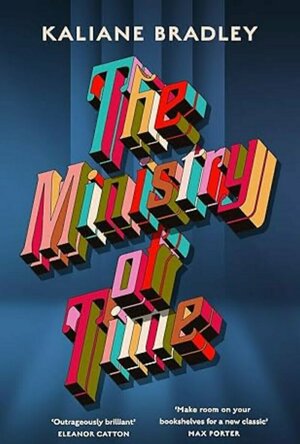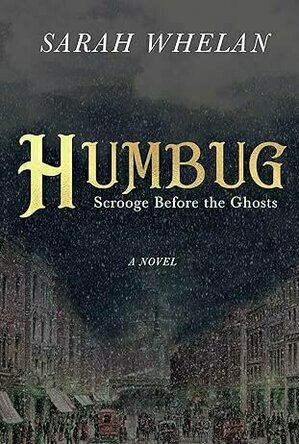
The World Without Us
Book
WINNER OF THE VICTORIAN PREMIER'S LITERARY AWARD 2016 SHORTLISTED FOR THE CHRISTINA STEAD PRIZE FOR...
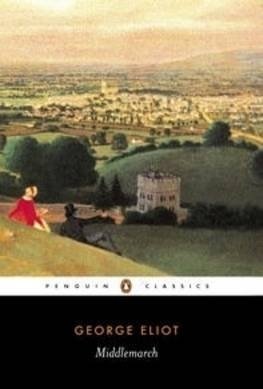
Middlemarch
Rosemary Ashton and George Eliot
Book
George Eliot's masterpiece, groundbreaking in its psychological insight into powerful clashes of...

Opium and Empire: The Lives and Careers of William Jardine and James Matheson
Book
In 1832 William Jardine and James Matheson established what would become the greatest British...
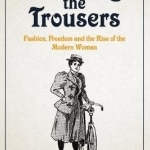
Wearing the Trousers: Fashion, Freedom and the Rise of the Modern Woman
Book
In the 1850s a craze swept through the wardrobes of the women of British and American society. These...
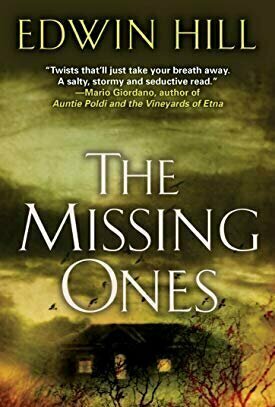
The Missing Ones
Book
Hester Thursby has given up using her research skills to trace people who don’t want to be found....
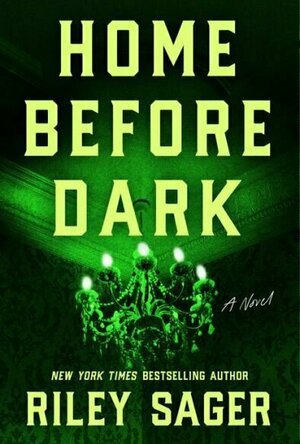
Home Before Dark
Book
In the latest thriller from New York Times bestseller Riley Sager, a woman returns to the house made...
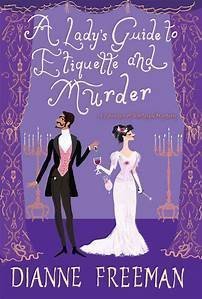
A Lady’s Guide to Etiquette and Murder
Book
In this exciting historical mystery debut set in Victorian England, a wealthy young widow encounters...

A Woman Scorned (Hartford Manor #5)
Book
1886 North Devon, England Lady Lilliana Grantley has been seriously ill with typhoid, a disease...
Historical Fiction Family Saga Victorian Historical Romance
ClareR (6062 KP) rated The Ministry of Time in Books
Jun 4, 2024
The Ministry of Time is a clever book - it uses time travel and science fiction, with a touch of history that actually happened, and mixes it up with a hefty dose of romance, thriller and literary fiction. It doesn’t sound like it will work, but I’m here to say that it really DOES!
Ok, so a quick, yet vague, synopsis: the British Government has come into possession of a device that can go back in time and find particular people in the past. It’s been decided that the people they take are all in life-threatening situations. Those plucked from their time are placed with a “Bridge”; someone who will facilitate their integration into modern society.
The main pair is that of Graham Gore, a Polar explorer from the Erebus expedition, and his Bridge, a woman whose mother escaped the Khmer Rouge in Cambodia. Not an easy adjustment for a Victorian man. This Bridge is the narrator.
Graham Gore adjusts quickly to modern life, but is modern life willing to accept him? And what affect does it have on him and his fellow time travellers, to be so out of time?
There was so much to think about whilst reading this - I was completely immersed, and it ended FAR too quickly!
Debbiereadsbook (1647 KP) rated Humbug: Scrooge Before the Ghosts in Books
Nov 30, 2024
Ok, 2 things: First I've read of this author, and first I've listened to of this narrator. These two things are intertwined.
I really enjoyed this reworking of A Christmas Carol by Charles Dickens. It takes us on a more indepth and more deliciously different path that follows Scrooge from the very beginning. I'm not going to go into the storyline too much, but for spoilers, but suffices to say, I really enjoyed the path this took.
The way Whelan builds the world around Scrooge, and gets over the descriptions of the places and the peoples he comes across, is astounding and I could see myself sitting there with Scrooge. Loved the descriptions of everything.
Charles Robert Fox narrates.
Now, for the most part, narrators have American accents, and there is nothing wrong with that but I am so very glad that this narrator was used for this book. His accent is very VERY English and fits in the Victorian England setting so beautifully! He uses a much OLDER voice for Scrooge, when talkignt ot he ghosts, than he does when he is telling his story, and I love that the voice ages as the story goes on.
It goes without saying, that my enjoyment of this book would be very different had I read it, or had a different narrator been used.
I'd like to read more of this author and listen to more of this narrator's work.
4 stars for the book
4 stars for the narration
*same worded review will appear elsewhere
